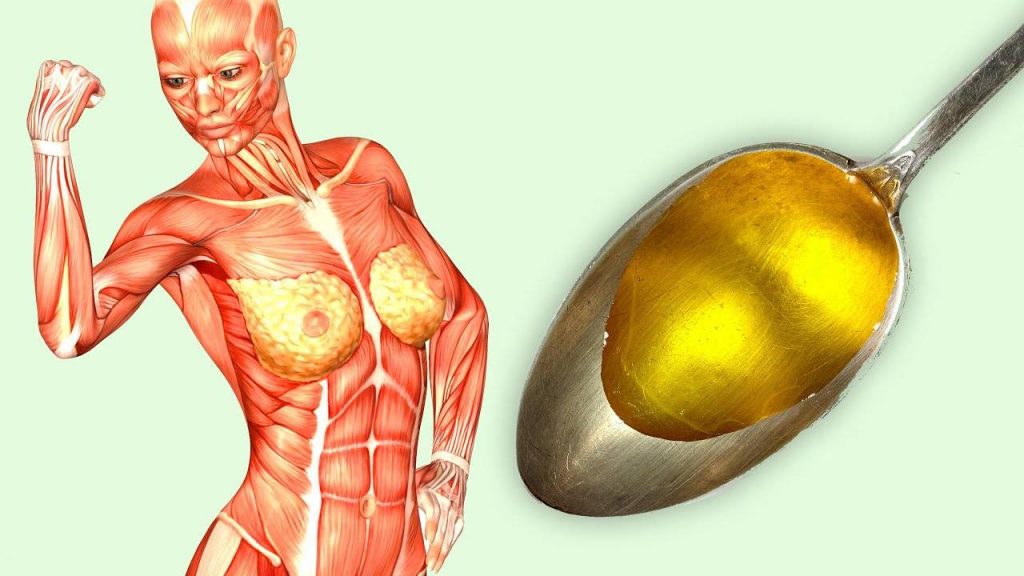If you’re looking for a natural way to soothe the discomfort of scalp psoriasis, olive oil could be an effective solution. Known for its moisturizing and anti-inflammatory properties, olive oil helps soften psoriasis plaques, reduce flaking, and nourish the scalp.
In this guide, we’ll share the best tips for using olive oil to relieve scalp psoriasis symptoms and improve the health of your scalp.

Benefits of Using Olive Oil in Scalp Psoriasis
Using olive oil for scalp psoriasis offers several benefits that can help manage the symptoms and improve scalp health. Psoriasis is a chronic autoimmune condition that causes skin cells to build up, leading to scaling, inflammation, and itching. Olive oil, with its anti-inflammatory and moisturizing properties, can provide relief in the following ways:
- Moisturizes Dry Scalp: Olive oil is an excellent moisturizer, which can help soften the thick, scaly patches that develop with psoriasis. Hydrating the scalp reduces flakiness and promotes healing by preventing cracking and further irritation.
- Reduces Itching and Irritation: The anti-inflammatory compounds in olive oil, like oleocanthal, can help reduce the inflammation and itching associated with psoriasis. Applying olive oil can soothe irritated skin and reduce discomfort.
- Promotes Gentle Removal of Scales: By softening the scales on the scalp, olive oil makes it easier to remove them without damaging the skin. It can be gently massaged into the scalp to loosen the plaques, helping to reduce the appearance of flakes.
- Supports Overall Skin Health: Olive oil is rich in antioxidants, particularly vitamin E and polyphenols, which can help protect skin cells from oxidative stress and support the skin’s natural repair mechanisms.
- Easy to Use as a Natural Remedy: Olive oil can be easily incorporated into scalp care routines. It can be used as a pre-shampoo treatment, applied overnight, or mixed with other natural ingredients like tea tree oil for enhanced anti-inflammatory effects.
However, while olive oil can help manage symptoms, it’s important to remember that it is not a cure for psoriasis.
Tips for Using Olive Oil to Treat Scalp Psoriasis
Here are some practical tips for using olive oil to treat scalp psoriasis effectively:
1. Warm the Olive Oil Before Application
- Warm the olive oil slightly to make it easier to apply and to enhance its absorption into the scalp. Make sure the oil is not too hot to avoid burning the skin.
- You can warm the oil by placing it in a small bowl and submerging it in warm water for a few minutes.
2. Massage Gently
- Apply the warm olive oil to your scalp using gentle circular motions. Massage it in for 5–10 minutes to help loosen psoriasis plaques and improve blood circulation to the scalp.
- Focus on areas with the most buildup, but avoid rubbing too vigorously, as this can irritate the skin.
3. Leave It On Overnight for Deep Conditioning
- For deeper penetration, cover your scalp with a shower cap and leave the olive oil on overnight. This gives the oil more time to soften scales and moisturize the scalp.
- In the morning, wash it out with a mild, psoriasis-friendly shampoo.
4. Use Before Shampooing
- Apply olive oil as a pre-shampoo treatment. Let it sit for 30 minutes to an hour before washing your hair. This can help remove flakes and moisturize the scalp without leaving too much residue after shampooing.
5. Combine Olive Oil with Essential Oils
- Mix olive oil with essential oils that are known for their anti-inflammatory properties, such as tea tree oil, lavender oil, or peppermint oil. This combination can provide additional relief from itching and irritation.
- Be sure to dilute the essential oils properly (about 2–3 drops per tablespoon of olive oil) to avoid irritation.
6. Use a Gentle Shampoo for Removal
- After using olive oil, use a gentle, medicated shampoo designed for psoriasis to help remove the oil and flakes from your scalp without causing irritation. Look for shampoos with ingredients like salicylic acid or coal tar, which can also help with psoriasis symptoms.
7. Avoid Overuse
- While olive oil can be soothing, excessive use may lead to an oily scalp or clogged pores. Limit use to 2–3 times a week, depending on the severity of your psoriasis and how your skin reacts.
8. Test for Allergies
- Before applying olive oil to your scalp, perform a patch test on a small area of skin to ensure you don’t have an allergic reaction. While rare, some individuals may experience irritation from topical use of olive oil.
9. Be Patient
- Psoriasis can take time to respond to treatments, including natural remedies like olive oil. Regular application over a few weeks can help reduce scales and improve scalp health, but it’s important to be consistent.
These tips can help make the use of olive oil more effective and comfortable as part of your scalp psoriasis care routine.

Side Effects of Olive Oil on Scalp Psoriasis
Using olive oil as a natural treatment for scalp psoriasis offers several benefits due to its moisturizing, anti-inflammatory, and soothing properties. Here are some of the main benefits:
1. Moisturizing the Scalp
Olive oil is rich in healthy fats, including omega-3 and omega-6 fatty acids, which help to lock in moisture. This can reduce the dryness and flakiness associated with psoriasis, preventing further irritation or cracking of the skin.
2. Soothing Irritation
The emollient properties of olive oil can help to soften the thick, scaly patches caused by psoriasis. This makes it easier to gently remove dead skin cells and reduce the formation of plaques on the scalp.
3. Anti-Inflammatory Properties
Olive oil contains compounds such as oleocanthal, which have anti-inflammatory effects. Applying olive oil may help to reduce inflammation in affected areas, providing relief from redness and swelling.
4. Improved Absorption of Medication
Applying olive oil can help soften the thickened skin of psoriasis, which can improve the absorption of topical medications that are used to treat psoriasis. It also acts as a carrier oil if mixed with other essential oils or therapeutic treatments.
5. Relief from Itching
Scalp psoriasis can cause intense itching, which often leads to scratching and further skin damage. Olive oil’s soothing effect can help alleviate itching and reduce the risk of infection from scratching.
6. Non-Toxic and Natural
Olive oil is a natural and gentle option, making it suitable for long-term use without the harsh side effects that some prescription treatments may cause. It is particularly useful for people seeking alternative or complementary treatments.
7. Scalp Health
Olive oil contains antioxidants such as vitamin E, which promotes skin healing and overall scalp health. These antioxidants can help to protect the skin from damage caused by free radicals and contribute to a healthier scalp environment.
How to Use Olive Oil for Scalp Psoriasis:
- Direct Application: Warm a small amount of olive oil and massage it gently into the affected areas of the scalp. Leave it on for 20-30 minutes before washing with a gentle shampoo.
- With Essential Oils: Olive oil can be mixed with essential oils like tea tree oil, which has additional antibacterial and antifungal properties that can benefit psoriasis.
- Overnight Treatment: For more severe cases, olive oil can be applied and left on overnight with a shower cap, which softens plaques, making them easier to remove.
While olive oil can be beneficial for some, it’s important to consult with a healthcare provider before using it as part of a psoriasis treatment plan to ensure it complements other prescribed treatments effectively.